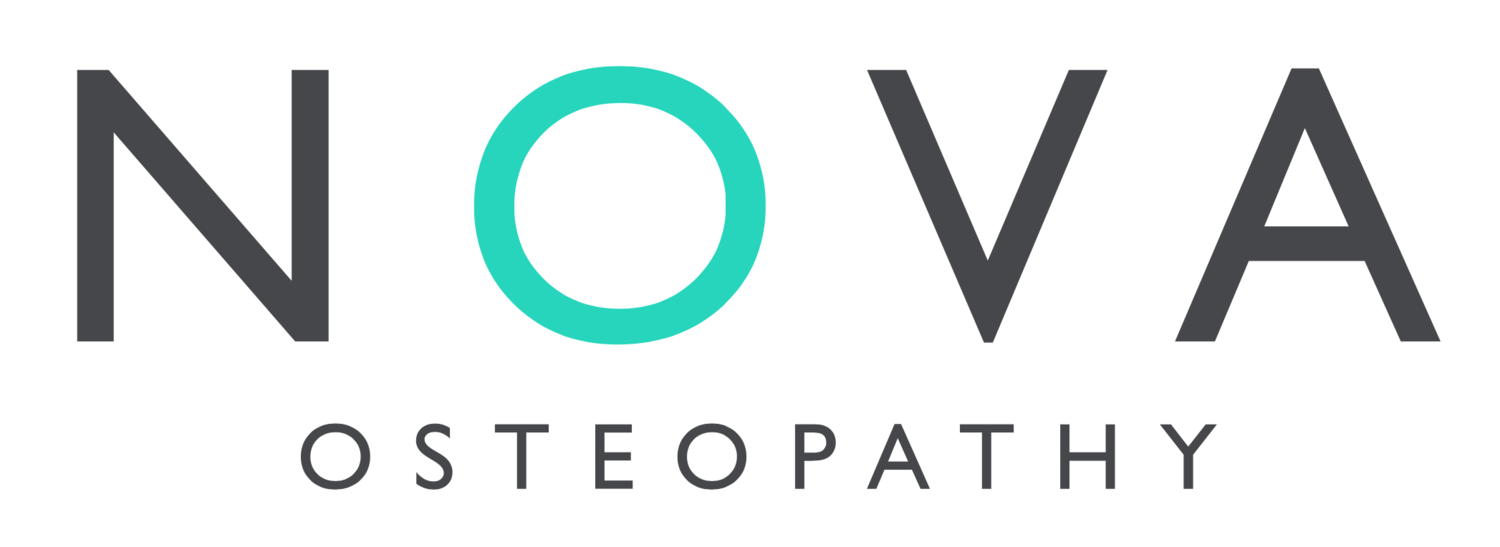🌞 How Vitamin D3 and Calcium Can Help with Osteoporosis
Osteoporosis often weakens bones slowly and quietly over the years, making them fragile and prone to fractures. Millions of people, especially postmenopausal women and older adults, are affected by this condition worldwide. While medications and lifestyle changes can help, two essential nutrients play a central role in maintaining bone strength: vitamin D3 and calcium.
Let’s break down why these nutrients matter and how they work together to protect your bones.
🦴 Understanding Osteoporosis
Osteoporosis occurs when the creation of new bone doesn’t keep up with the loss of old bone. This leads to decreased bone density and strength, making bones more susceptible to fractures — often in the spine, hips, or wrist.
Risk factors include:
Aging
Hormonal changes (especially reduced oestrogen after menopause)
Low calcium or vitamin D intake
Lack of physical activity
Smoking or excessive alcohol use
☀️ Vitamin D3: The Sunshine Vitamin for Strong Bones
Vitamin D3 is vital because it helps your body absorb calcium — the main building block of bones. Without adequate vitamin D3, even a diet rich in calcium won’t benefit your bones as much as it should.
Key benefits of Vitamin D3:
Enhances calcium absorption in the intestines
Helps regulate bone remodeling — the process where old bone is replaced with new bone
Natural sources of Vitamin D3:
Sunlight exposure
Fatty fish such as salmon, mackerel, and tuna
Fortified dairy and plant-based milks
Supplements (especially useful during winter or for those with limited sun exposure)
🥛 Calcium: The Foundation of Bone Health
Calcium is the primary mineral found in bones. Around 99% of your body’s calcium is stored in bones and teeth, providing structure and strength. The remaining 1% helps with vital functions like nerve transmission, blood clotting, and muscle contraction.
When calcium levels drop, your body pulls calcium from your bones — weakening them over time if not replenished.
Top sources of calcium:
Dairy products: milk, yogurt, cheese
Leafy greens: kale, broccoli, bok choy
Fortified foods: orange juice, plant-based milks
Almonds and sardines
💪 Why Vitamin D3 and Calcium Work Better Together
Think of calcium as the bricks that build your bones, and vitamin D3 as the worker that ensures those bricks are properly placed. Without enough vitamin D3, calcium cannot be absorbed efficiently, no matter how much you consume.
Studies show that taking vitamin D3 and calcium together can:
Slow bone density loss
Reduce the risk of fractures in older adults
For most adults, experts recommend:
Calcium: 1,000–1,200 mg per day
Vitamin D3: 600–800 IU per day (sometimes higher for those deficient)
Always consult your doctor before starting supplements, as excessive intake can cause health issues such as kidney stones or high calcium levels.
Contact us at NOVA Osteopathy Clinic in Coulsdon, whether you’re dealing with osteoporosis or osteopenia, we are here to help and we will create a treatment plan tailored to your needs.

